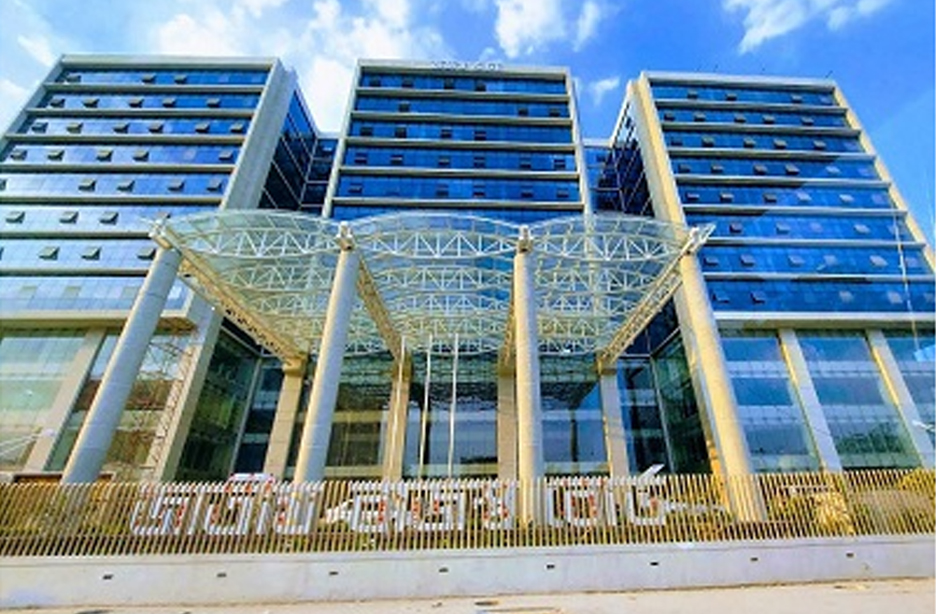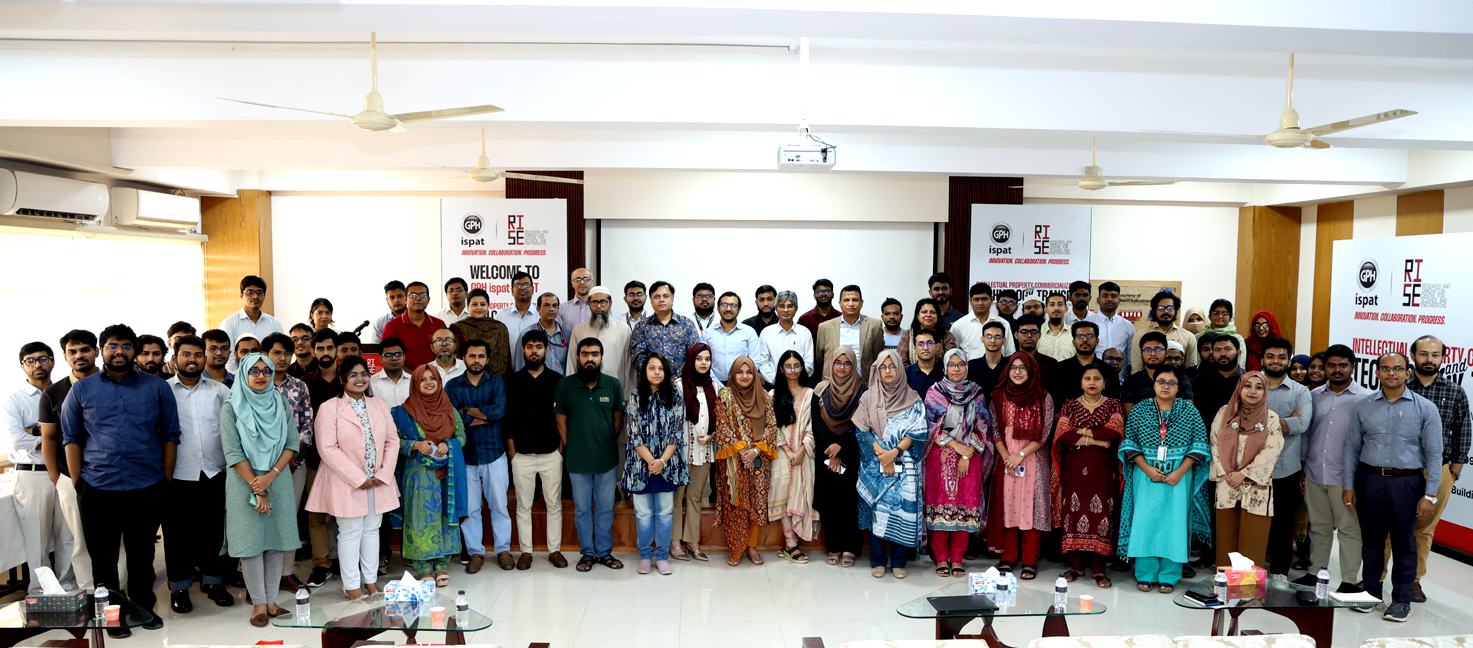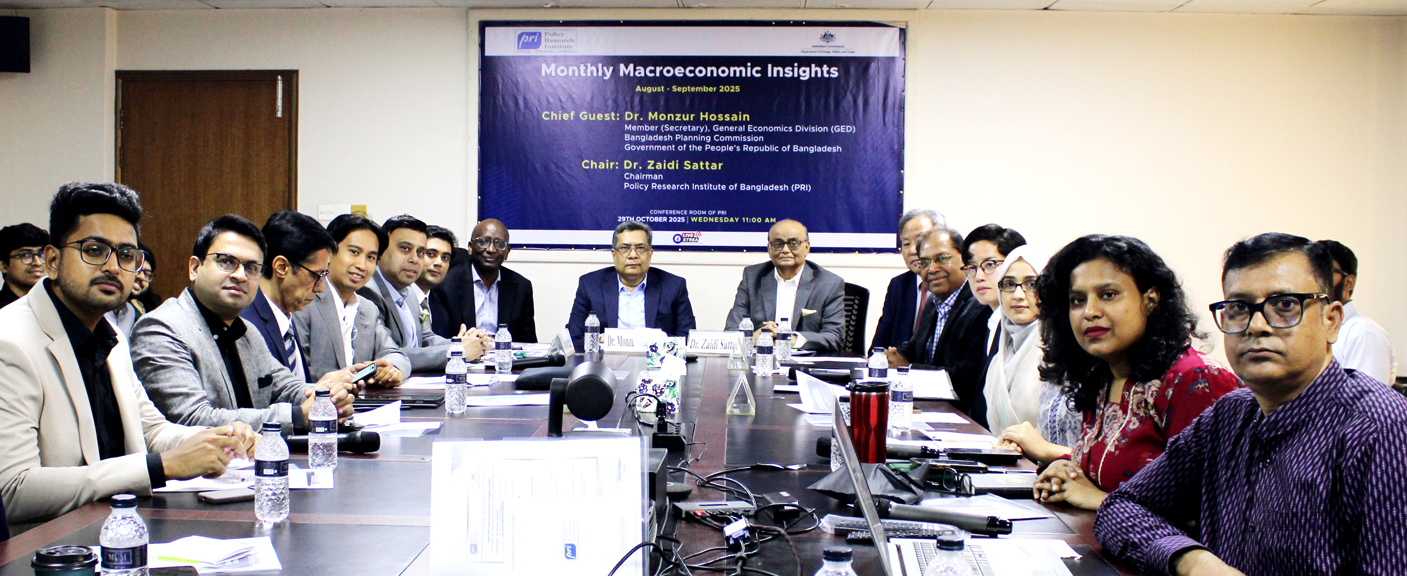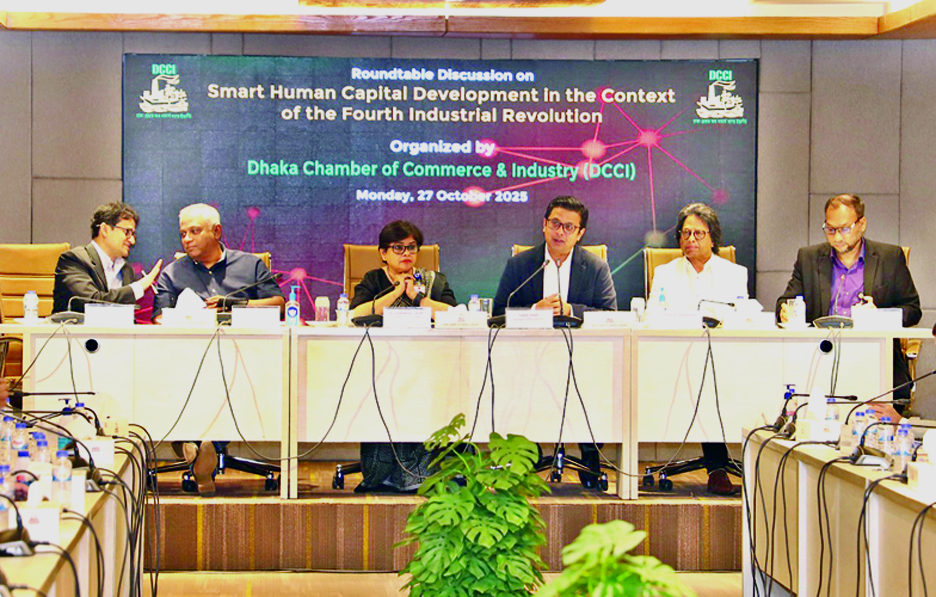Revenue and customs officials at the National Board of Revenue (NBR) have called off their strike following the government’s decision to classify their jobs as ‘essential services’ and a warning of strict consequences if they did not return to work.
The strike had shut down customs offices and halted clearance at major ports like Chattogram, disrupting import and export activities and causing serious disruption to trade and revenue collection.
Sehela Siddiqua, secretary general of the NBR Reform Unity Council, confirmed that the strike was withdrawn on Sunday evening. Customs operations at Chattogram Port resumed shortly afterwards.
The officials had been protesting since last month, demanding structural reforms at the NBR and the resignation of its chairman. The unrest escalated after the government restructured the NBR and replaced it with new departments.
Finance Adviser Salehuddin Ahmed refused to meet the protesters during the strike, warning them they could continue if they wished but would face consequences.
Business leaders had raised alarms over the shutdown’s severe impact, estimating daily trade losses of around Tk2,500 crore, threatening smaller businesses and critical export orders.
To resolve the crisis, the government invoked the Essential Services (Maintenance) Act, 1952, declaring all NBR-related positions, including customs houses and container depots, as essential services where strikes are prohibited.
The government condemned the strike, calling it harmful to the economy and accusing some officials of resisting necessary revenue reforms. It said efforts to negotiate had been rejected by the protesters, who continued to disrupt trade and revenue collection.
The government stressed the importance of steady revenue collection for national development and vowed to take firm action if disruptions continue.












